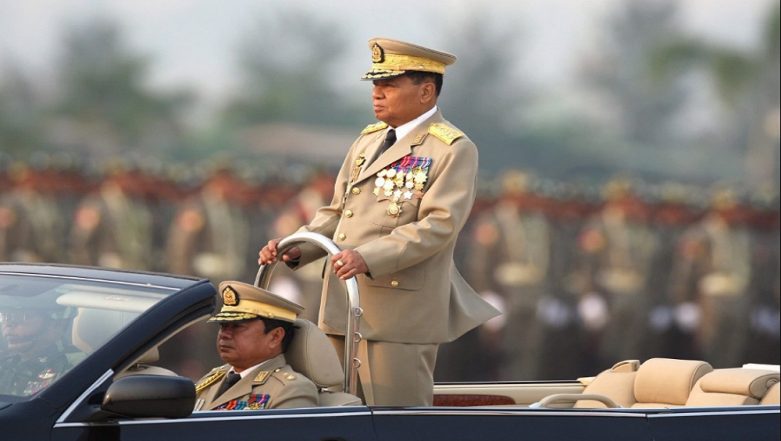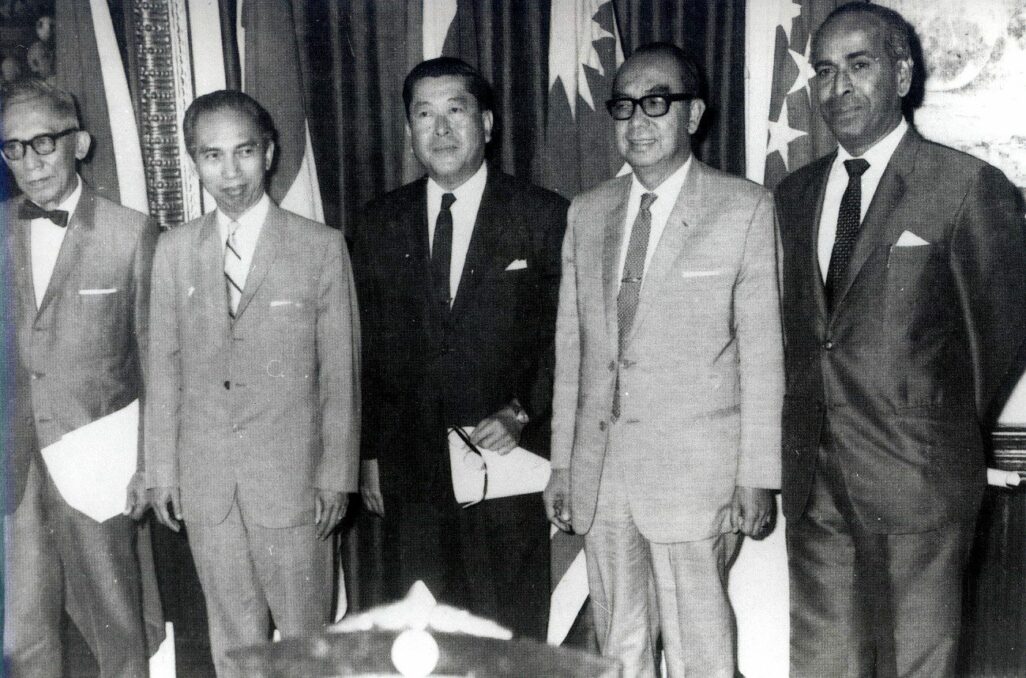Top diplomats from the Association of Southeast Asian Nations (ASEAN) are set to gather in Indonesia, this week, to discuss critical regional issues. The agenda will be dominated by the ongoing civil strife in Myanmar, tensions surrounding the South China Sea disputes, and concerns over arms buildups in the region.
The ASEAN talks will also feature the participation of U.S. Secretary of State Antony Blinken, Russian Foreign Minister Sergey Lavrov, and Chinese Foreign Minister Qin Gang, who will engage as dialogue partners. This gathering takes place against the backdrop of Russia’s invasion of Ukraine and the intensifying U.S.-China rivalry and the growing concern about Myanmar. The attendance of key figures in other conflicts and the outcomes of their sideline meetings remain uncertain.
Myanmar Crisis Takes Center Stage
Since Myanmar’s military seized power from the elected government in February 2021, the country has been embroiled in a fatal spiralling conflict. The military junta’s relentless violence has led to the deaths of over 3,750 civilians and the arrest of nearly 24,000 individuals, including pro-democracy activists. ASEAN has expressed grave concerns about the escalating use of violence and destruction of public facilities. While ASEAN has previously formulated a five-point plan to address the crisis, the military government has largely ignored it. Myanmar’s military leaders have been barred from attending top-level ASEAN gatherings, marking an unprecedented punitive step.

ASEAN’s Principles and Challenges
ASEAN, founded in 1967, is a diverse collective comprising democracies, autocracies, and monarchies. It has been governed by principles of non-interference and consensus-based decision-making, which have proven both enduring and restrictive. These principles have been tested amid Myanmar’s crisis, revealing the limitations of swift collective action in the face of cross-border crises. ASEAN’s rotating chairmanship this year has been undertaken by Indonesia, which has been actively engaging with various groups in Myanmar and providing humanitarian aid to build trust. However, ongoing violence threatens efforts to restore stability within ASEAN.

South China Sea Disputes and Maritime Governance
The South China Sea disputes will also be a crucial topic of discussion during the ASEAN talks. Countries such as Brunei, Malaysia, the Philippines, and Vietnam have long been entangled in territorial conflicts with China and Taiwan. ASEAN is expected to renew its call for self-restraint and emphasize the importance of maritime governance to maintain stability and peace in the region. China’s increasingly aggressive actions in the South China Sea have prompted concerns among ASEAN members and other countries, leading to calls for collective efforts to ensure a more stable and predictable maritime sphere.
Great Power Rivalry and ASEAN’s Response
The rivalry between the United States and China will cast its shadow over the ASEAN talks. Washington seeks to rally Southeast Asian nations to take a stronger stance against Myanmar’s military junta and China’s actions in the South China Sea. Secretary of State Blinken’s presence highlights the U.S.’s commitment to engage with ASEAN members. The U.S. and ASEAN aim to address the growing arms race, naval power projection, and unhelpful actions taken by China. Rather than discussing the AUKUS trilateral security pact between Australia, the U.S., and the UK, ASEAN will prioritize matters such as the Indo-Pacific region and its vision of dialogue and cooperation over rivalry.
India, in line with its Act East policy, has consistently sought to actively participate in the region. Demonstrating support for the international tribunal’s ruling in favor of the Philippines and reaffirming the significance of ASEAN’s non-aligned position, India’s involvement in the region is evident as another major global power engages with it. Additionally, India is concurrently focusing on strengthening naval capabilities and cooperation in the region. The Ministry of Foreign Affairs, Russia also noted that foreign minister sergey lavrov will also attend the ASEAN Securiy forum in Jakarta with a special focus on “promoting Russia’s interests in the Asia-Pacific region.”
The ASEAN talks in Indonesia hold significant importance as regional leaders gather to address pressing challenges. Myanmar’s crisis remains a critical concern, as violence and political instability continue to plague the nation. The South China Sea disputes and China’s actions in the region pose additional challenges that require collective efforts for stability and maritime governance. Amidst the backdrop of great power rivalry, ASEAN seeks to navigate its stance carefully while focusing on its vision for the Indo-Pacific. The outcomes of the ASEAN talks will shape the region’s trajectory and determine the collective response to these complex issues.













